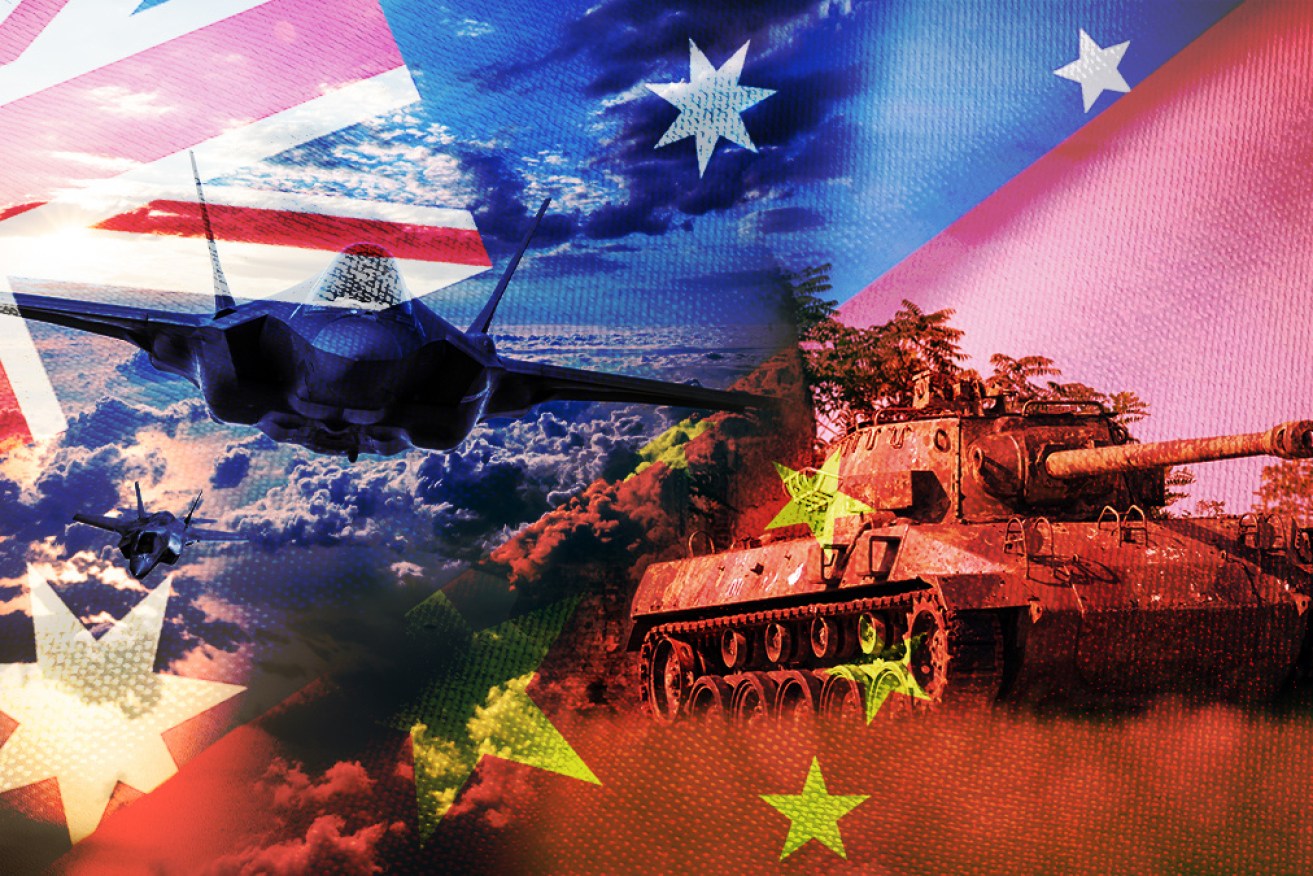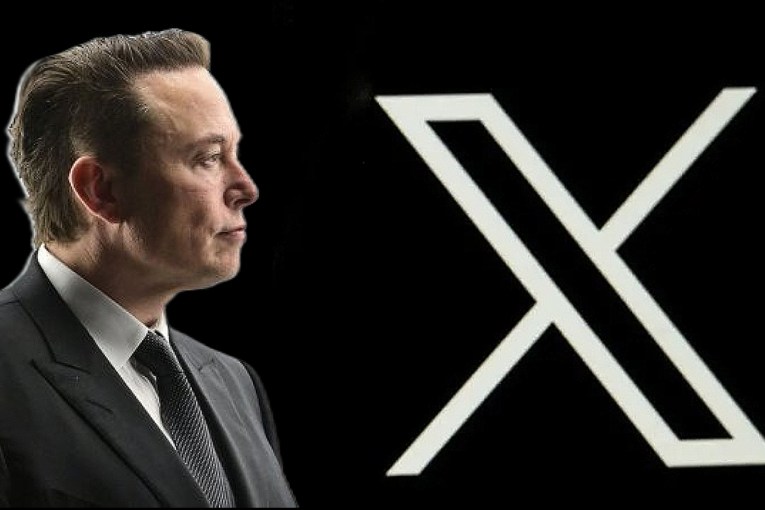Australia’s relationship with China is heated. It’s time to take a cold shower

After another week of fighting with China, businesses are getting worried. Picture: TND
As the summer fires recede in the Prime Minister’s memory, you might think he’d have learnt one lesson: Never fan the flames, because they can engulf you.
Think Cobargo.
Yet scarcely a day goes by without another incendiary announcement directed at China by the Morrison government or gung-ho media commentators, which invariably provokes a tit-for-tat response on the pages of China’s state-controlled newspaper The Global Times.
Just last week, the Prime Minister informed the world that an unnamed “sophisticated state-based cyber actor” was intensifying its “online attacks” against Australian organisations.
Immediately, “informed sources” identified the culprit as China.
The fact that Mr Morrison’s dramatic announcement served as a major distraction from subsequent news of much greater importance – the government’s attack on universities – went largely unnoticed.
Mr Morrison evidently thinks that when “you’re on a good thing, stick to it”.
To end the financial year, he announces a major staffing and capital investment in the Australian Signals Directorate to enhance Australia’s cyber security: 500 new positions and $1.35 billion over 10 years.
And to begin the new financial year, he announces a $270 billion investment in Defence, including an additional 800 (yes, that’s 800) personnel.
If that’s bulking up the ADF to take on China, the People’s Liberation Army must be rethinking its entire strategy.

Australia will spend a lot more money on military hardware in coming years. Photo: Getty
The usual practice is for governments to maintain a stony silence about security matters, particularly espionage.
So why the media-accompanied raids on the home of a NSW Legislative Council member (who may or may not have been unduly influenced by the Chinese government) and the cash splash on cyber security, and the media-accompanied raids on the home of a member of the NSW upper house?
It seems that the government’s policy is to continue to fan the flames, “stand up to Chinese bullying” and defend our “values” and our “sovereignty”.
Apart from the US, which has its own problems (Donald Trump being front and centre), no one else is managing their China policy in such a reckless way.
As recently as May 15, Mr Morrison was talking up Australia’s “comprehensive strategic partnership” with China.
In the present circumstances, each of these three words is problematic.
It’s hardly a ‘partnership’ when Chinese government ministers won’t return Trade Minister Simon Birmingham’s phone calls.
It’s unclear how ‘comprehensive’ the partnership is when Mr Morrison appears to be prepared to put at risk the educational services and tourism industries in their dealings with China.
And how strategic is a relationship that is unable to focus on existential threats like climate change, pandemics and nuclear weapons, and is instead wasted on mutual chest-thumping?

Has Donald Trump made a pawn of Australia in its campaign against China? Picture: TND
At best, the ‘strategy’ seems to be to work as a proxy for US policies.
The first rule of firefighting is to stop fanning the flames. Of course, there are problems in our relationship with China.
Of course, China has an appalling human rights record in Tibet, Xinjiang and in relation to dissidents in all parts of the country.
Of course, Chinese aggression in the South China Sea and on its border with India needs to be addressed.
Of course, it is bullying Hong Kong. And of course, China conducts cyber espionage (and, of course, Mr Morrison proposes to do the same).
But what’s the point in grabbing the megaphone, fomenting a measure of public stridency and making the relationship even more intractable as we all look forward to an even more bleak and disrupted world post-coronavirus – if we get there.
Notwithstanding the real and imagined provocations, it’s time that the Morrison government looked for ways of setting the relationship with China on a more even keel.
There is much more to the bilateral relationship than iron ore and coal.
We have more than 30 years of scientific co-operation with China in the biological sciences, medicine, photo-voltaics, agricultural science and many other disciplines that could inform serious work on a COVID-19 investigation and vaccine research.
We have shared long-term cultural exchanges, and have even conducted bilateral discussions on matters of mutual defence and security interest.
A focus on shared interests rather than differences that we can’t do much about would certainly take the heat out of the relationship while perhaps allowing a bit of light back in.
Posture and stridency are no more signs of strength than deliberation and measure are signs of weakness.
Both China and Australia are here to stay, and we’d better get used to that fact.
China’s former ambassador to Australia, Madam Fu Ying, has suggested to her diplomatic colleagues that they should uphold “the spirit of humility and tolerance, and adhere to communication, learning and openness”.
Australia would do well to heed the same advice.
Allan Behm is head of the International and Security Program at The Australia Institute, Canberra








